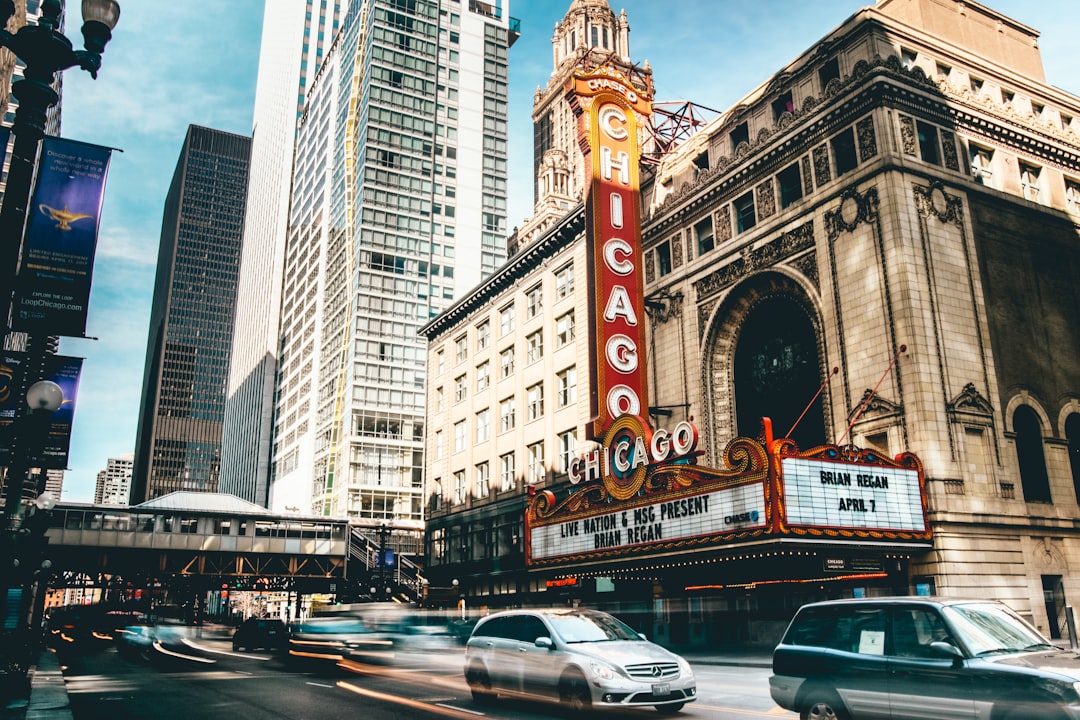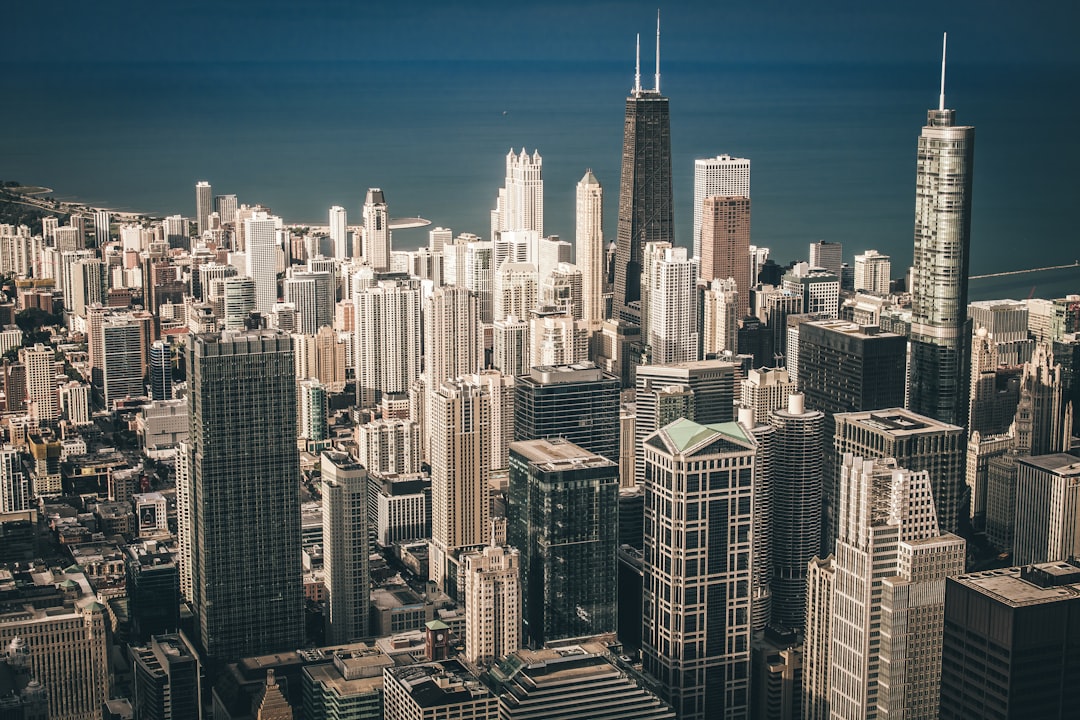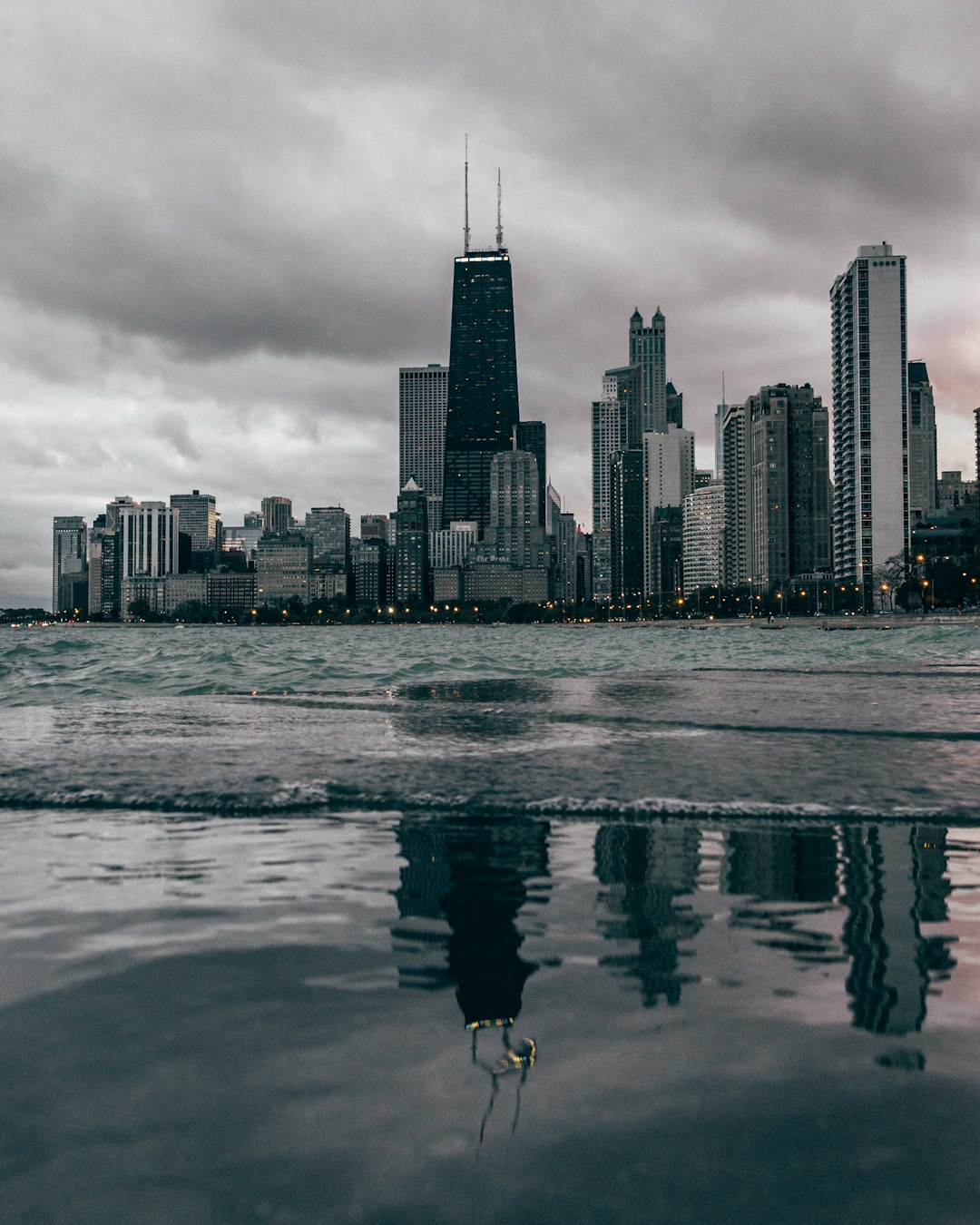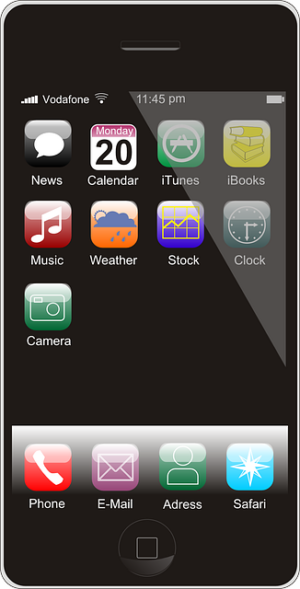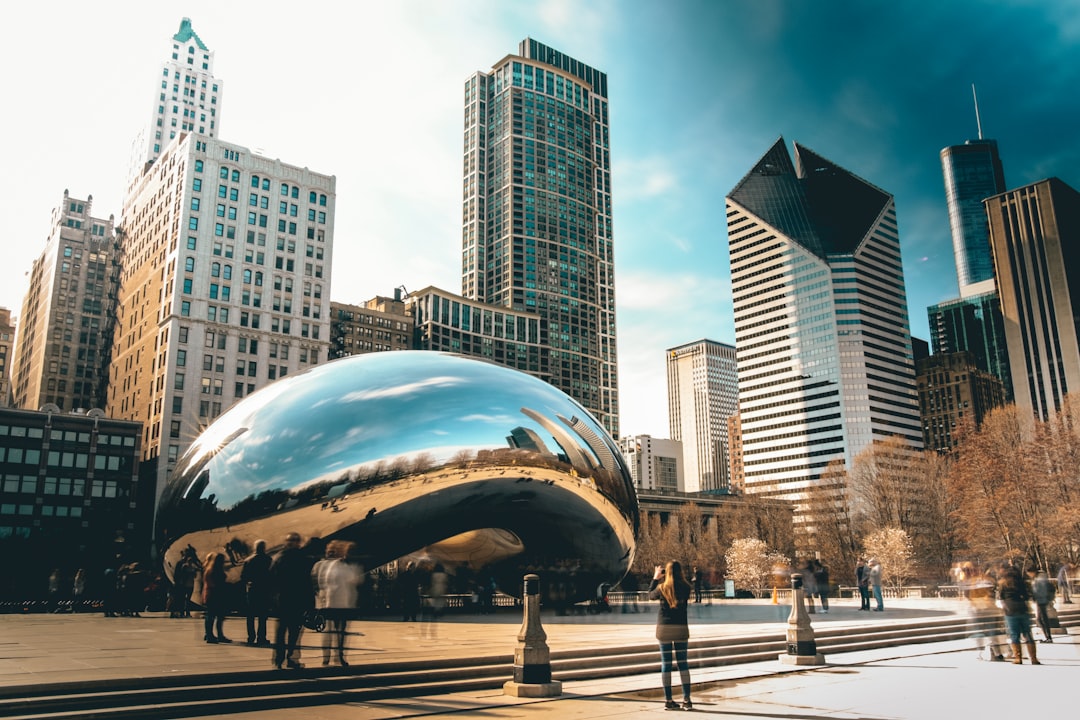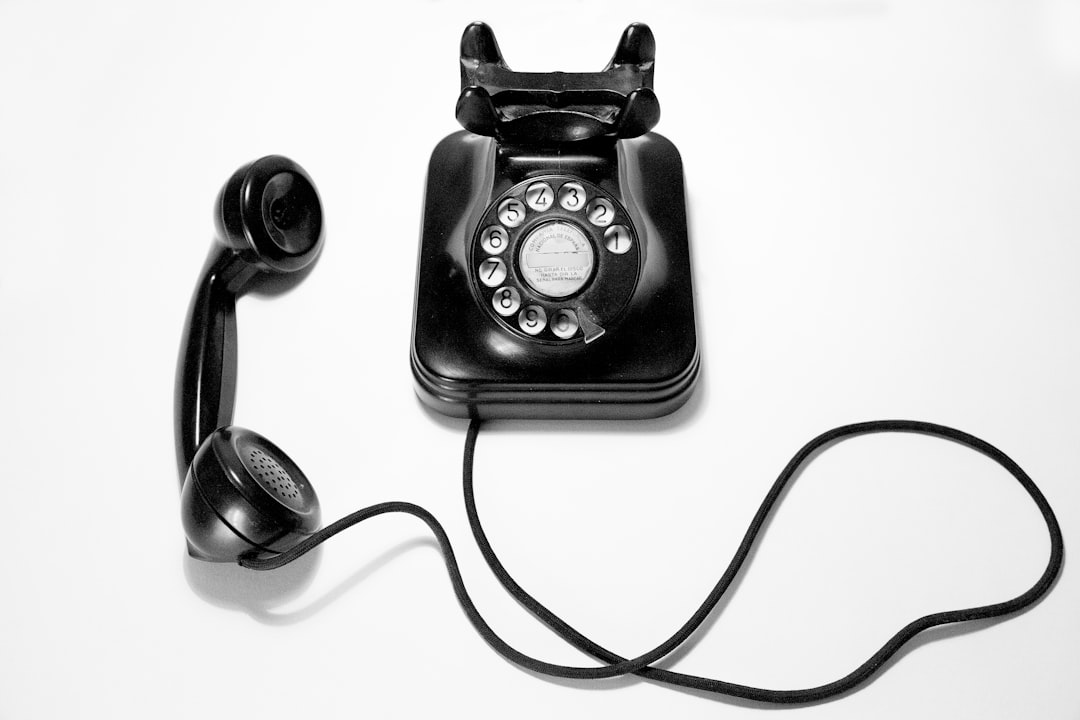Illinois' Autodialer Law (TCPA) protects residents from unwanted telemarketing calls, influencing businesses to adopt personalized advertising. This law, with strict regulations on automated dialing systems, balances marketing and privacy in Chicago's dynamic digital landscape. By registering on the Do Not Call list and taking legal action against violative autodialer law firms, consumers safeguard their rights, while Chicago fosters innovation in consumer protections and technology.
In the digital age, the relationship between technology and consumer rights has become increasingly complex. This is particularly evident in Illinois cities, where advancements in automated calling technologies have sparked debates over privacy and consent. This article delves into the intricate dynamics of these issues, focusing on Illinois’ autodialer law and its impact on consumer protections against unwanted calls. We explore Chicago’s role as a legal innovation hub and navigate the challenges of technology and privacy in urban areas, offering insights for both consumers and autodialer law firms Chicago.
Understanding Illinois' Autodialer Law and Its Impact
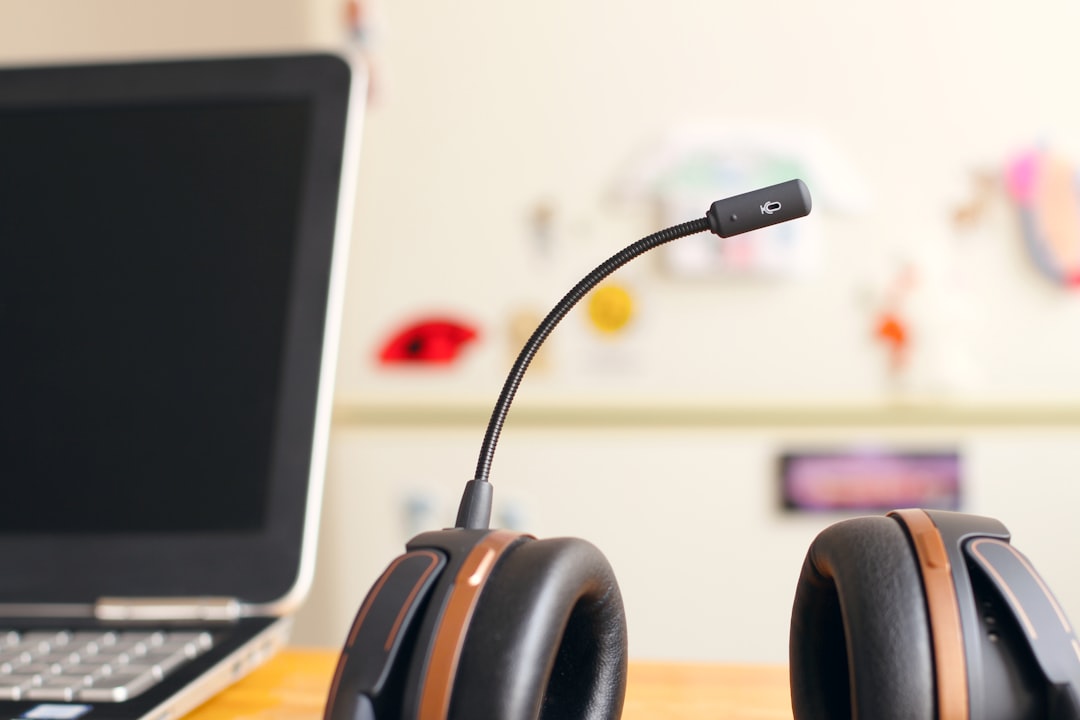
In Illinois, the Autodialer Law, also known as the Telephone Consumer Protection Act (TCPA), is a significant piece of legislation designed to protect consumers from unsolicited phone calls, specifically those made using automated dialing systems. This law firm Chicago residents rely on not only restricts the use of autodialers for marketing purposes but also imposes strict rules on businesses and telemarketers. Violations can result in substantial fines, making it crucial for both local businesses and out-of-state companies operating in Illinois to adhere to these regulations.
The impact of this law extends beyond individual consumer rights, influencing the strategies employed by marketing agencies and sales teams across Chicago and other Illinois cities. Businesses have had to adapt their communication methods to ensure compliance, leading to more personalized and targeted advertising approaches. For instance, companies now often opt for manual dialing or obtain prior express consent from recipients before initiating automated calls, thereby fostering a balance between marketing efforts and consumer privacy rights.
Consumer Rights: Protection Against Unwanted Calls
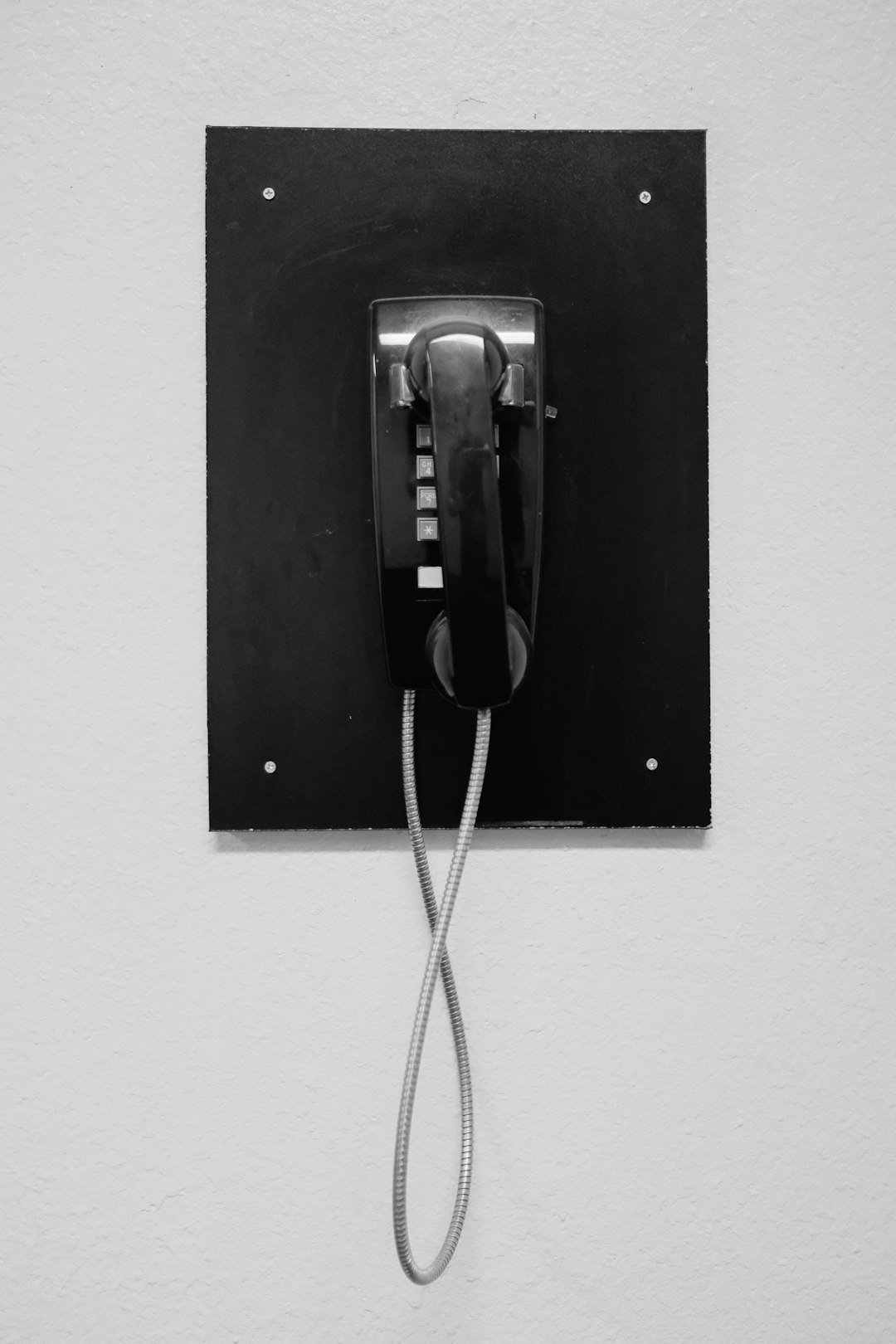
In Illinois, consumer rights are protected by various laws designed to safeguard residents from deceptive and harassing practices. One significant area of concern is the protection against unwanted calls, particularly those made using autodialers. The Autodialer Law in Chicago and across Illinois restricts the use of automated dialing systems for telemarketing purposes without prior consent from the recipient. This law empowers consumers by giving them the right to block such calls and seek legal recourse if violated.
Consumers can exercise their rights by registering on the Do Not Call list, which is a state-mandated registry that prohibits businesses from making automated or prerecorded telemarketing calls to registered numbers. Moreover, Illinois residents have the option to take legal action against autodialer law firms that violate these regulations, ensuring they receive compensation for any harassment or inconvenience caused.
Chicago's Digital Landscape: A Hub of Legal Innovation

Chicago, a bustling metropolis and cultural hub, has also emerged as a significant player in the realm of legal innovation, particularly when it comes to consumer rights and technology. The city’s vibrant digital landscape is home to numerous tech startups and established companies, fostering an environment that encourages cutting-edge solutions. This urban center has been at the forefront of navigating the complex relationship between emerging technologies and consumer protections, especially with the rise of automated communication tools like autodialer law firms in Chicago.
The state of Illinois, with its progressive legal framework, has facilitated this process by implementing laws that ensure fair practices in telemarketing and automatic dialing. As a result, Chicago’s digital community has the opportunity to collaborate with legal experts to create innovative strategies that respect consumer rights while harnessing the potential of technology. This synergy between tech and law has set a standard for other cities, demonstrating how modern urban centers can thrive in an era of rapid technological change while maintaining robust consumer protections.
Navigating Technology and Privacy in Urban Areas

In today’s digital era, navigating technology and privacy in urban areas like Chicago presents unique challenges for consumers. With advancements in automation and telecommunications, issues surrounding data protection and consumer rights have become increasingly complex. For instance, the use of autodialer law firms in Chicago raises concerns about intrusive marketing practices and potential violations of personal privacy. These automated systems, while efficient, can lead to unwanted calls and texts, causing distress for residents.
Illinois cities, including Chicago, have implemented regulations like the autodialer laws to protect consumers from such intrusions. Understanding and adhering to these rules are essential steps towards fostering a harmonious relationship between technology and consumer rights. As urban areas continue to embrace innovative technologies, it’s crucial for both businesses and citizens to stay informed about their privacy rights and responsibilities, ensuring a safer and more secure digital landscape.
